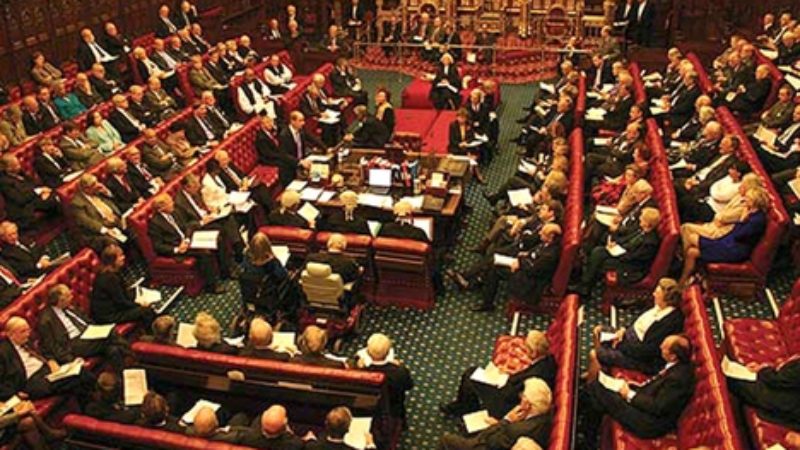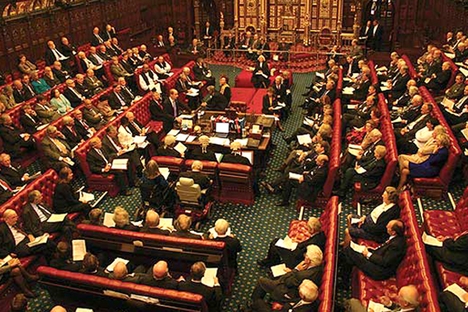
Former Labour Lord-Chancellor, Lord Falconer, today opened the debate in the House of Lords over the Assisted Dying and urging his fellow peers to support the Bill.
Lord Falconer, who is leading the campaign on the Bill, explained that it was time to “for a change in the law, but only a very limited and safeguarded change.” He said that the law would mean that those who are terminally ill – and only those with less than 6 months to live – and mentally competent adults could request life-ending medication. Two independent doctors would have to assess the patient and agree that the patient met the criteria.
He expressed support for palliative care measures – noting that we should strive to improve them – before explaining “a minority of those who are dying, no matter how good the end-of-life care, do not wish to go on struggling. The principle of this Bill is that those who are terminally ill should have choice over how they die, but subject to effective safeguards that prevent pressure or abuse. It would lead not to more deaths, but to less suffering.”
Crucially, he explained to the Bills criticised that it would “not legalise voluntary euthanasia where a doctor directly administers life-ending medication; rather, it provides that the final act in an assisted death must be taken by a patient who has mental capacity both at the time of the request and at the time of their death.”
He stressed that laws at the moment mean many terminally ill patients have a “lonely, cruel death” and force those who can afford to do so, to go to Switzerland, where assisted death is legal.
Baroness Royall, leader of the Opposition in the House of Lords, also spoke in support of the Bill. Speaking about her husband, Stuart, who died of cancer in 2o1o, she said “if the disease had continued to ravage his body and if assisted dying had been available at the time he would in due course, have wished to exercise that choice. As it was, death arrived when we still nurtured hope.”
Like Lord Falconer she recognised the importance of palliative carer, saying that ” it is not an either or.” But, she went on to explain, “notwithstanding the quality of end of life care, some people in their final days or weeks of a terminal illness wish to end their protracted suffering or anguish, and they wish to exercise their freedom die with dignity. When you have a terminal illness, when you are in pain, it is not a weakness to want to die. “
She ended her speech by saying, “For me the goal must be to allow people who are suffering at the end of their life to choose to die. This is a matter of compassion and human dignity.”
More than 130 peers have requested to speak at the debate and with no vote at the end of today any legislation will most likely be decided after summer.





More from LabourList
‘The High Court judgment brings more uncertainty for the trans community’
‘There are good and bad businesses. Labour needs to be able to explain the difference’
‘This ruling should now remove any remaining barrier to approval of EHRC code’